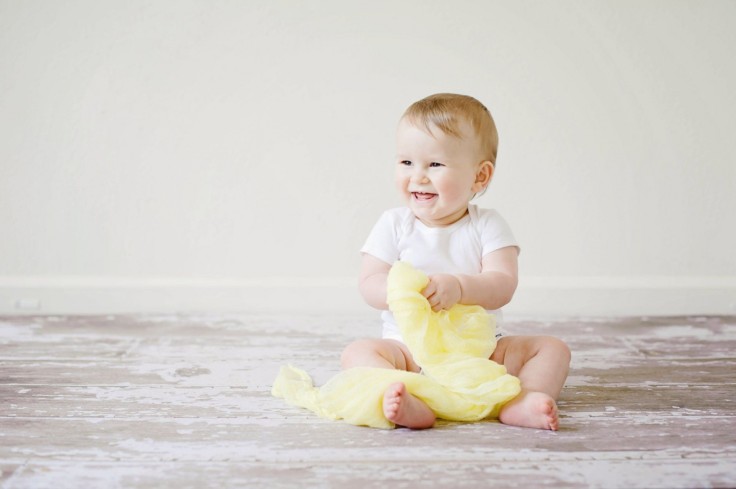
All parents are worried about the development of their child, especially because children are expected to do certain things and learn certain skills at a certain age. But pediatricians and experts say that each child is unique, some may hit a specific milestone immediately while some may experience a delay.
What is important is that your child is developing normally and is healthy overall, instead of focusing on the things that they can or cannot do, it is best to observe your child and check if you see anything unusual like behaviors and movements that healthy children do not do.
Observing child development
So how exactly can you tell if your child is developing normally? The first thing that you need to check is the alertness of your child. Babies start to notice their environment after a month and they react to items that you dangle in front of them or the sounds that they hear.
Observe your baby's sleeping pattern. The older that your child gets, the longer their sleep schedule should be. In about 4 months, babies should be able to sleep soundly at least 4 to 5 hours throughout the night and they should be able to take afternoon naps. If your child has trouble sleeping or if they continuously have interrupted sleep, you need to talk to your child's pediatrician.
Importance of motor skills
One way to know if your child has normal development is through his motor skills. A motor skill is your child's ability to make movements like standing, crawling and walking. After a month, your baby should be able to lift his head and he should be able to roll on his stomach by himself. After 3 months, rolling over and pushing himself up using both of his arms should come naturally.
Babies who are 6 months old should be able to pull themselves up, and they should be able to stay in a sitting position after you support them. Observe your child's hands too because, after a year, your child should be crawling and walking wobbly. Babies around that age should also be able to pull themselves up by grasping on the furniture around them and they should be able to sit on their own without support.
Babies who are 3 months old should be able to grab objects and curiosity should be evident because they will start putting things in their mouth. By 12 months, your child should be able to grab objects firmly like utensils and baby bottles.
Listen for sounds
After a month, your child should be making different sounds aside from crying or laughing. After 6 months, your child should be able to respond to you when you talk to them even if their response is gibberish. After a year, your child should be able to say "mama", "dada" or "papa".
If your child does not do any of these after a certain age, then it is time to consult your pediatrician and let them examine your child. There are certain red flags that often lead to more serious developmental issues.
Do not be afraid to ask your doctor about what you can do or what you can give to your child for immediate treatment especially if he or she is tested positive on certain childhood illnesses. Remember that with medication, therapy, and assistance, your child can still grow up healthy and happy.
ALSO READ: Child Development: 5 Positive Parenting Tips For Middle Childhood